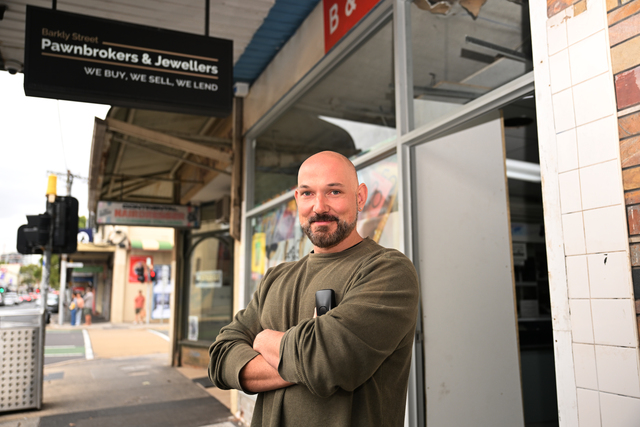Alex Lopes is a pelvic health physiotherapist, the director of Pelvic Health Melbourne in Altona North, and past national chair of the Australian Physiotherapy Association’s Women’s Men’s and Pelvic Health Group. This week she writes about intimacy pain.
One of the major reasons women come into our clinic is due to new or long term intimacy pain.
Intimacy pain can be a major source of stress for women and their partners. The pain means both partners refrain from being intimate which can lead to guilt, anger, anxiety and miscommunication.
Why do women experience intimacy pain?
Young women may get pain due to a tight pelvic floor muscle or because the area is pain sensitised. Pain sensitisation usually involves a nerve problem. This pain sensitisation can develop from excessive painful periods, endometriosis, adenomyosis or polycystic ovaries (PCO) or polycystic ovarian syndrome (PCOS).
For pregnant or postnatal women hormonal changes may contribute to vagina dryness causing new intimacy pain or from new increasing pelvic floor muscle tension. After childbirth women may experience pain from recovering scarring from birth trauma or tissue dryness.
Perimenopausal women (from 40 – 44 years old and beyond) often experience new intimacy pains as the vagina shrinks both in length and width as well as vaginal dryness.
So how can I fix my intimacy pain?
It depends on the cause, so getting help from an excellent women’s health GP, gynaecologist or pelvic health physiotherapist is ideal to diagnose the cause and address all the factors that are contributing to your pain.
But some good tricks to try at home include:
* For vaginal dryness try a silicon based lube as this does not absorb into the tissue like water based lubes do. It can also increase your tissue sensitivity for the mature woman.
* For just a little bit of pesky scar tissue don’t be afraid to gently feel your bits and you can massage that scar tissue away just like you would on any other part of your body. If you are unsure see your pelvic health physio for guidance.
* If you are perimenopausal talk to your GP about the merit of a topical oestrogen cream which can bring back the bounce in your vagina making the tissue stretchier and improves your natural lubrication significantly. Please note the cream needs to be applied to the outside as well as inside. Ovestin cream is better than the vaginal pessaries.
Finally a word of caution. If you have pelvic pain, which means your intimacy pain is burning and lasts for the duration of intimacy and continues afterwards beyond minutes, then this is normally a nerve issue and needs treatment.
Conditions such as vulvodynia, vestibulodynia, clitorodynia, vaginismus, anal pain, proctalgia, perineal pain and abdominal pain are all under the umbrella term pelvic pain.







